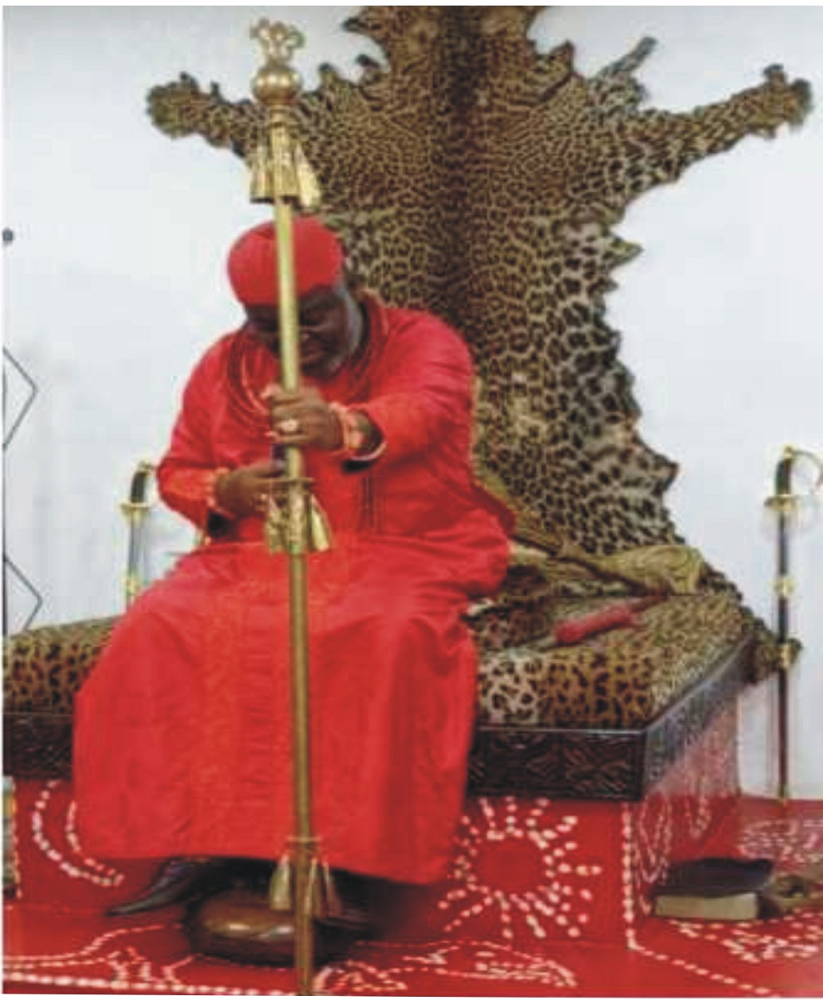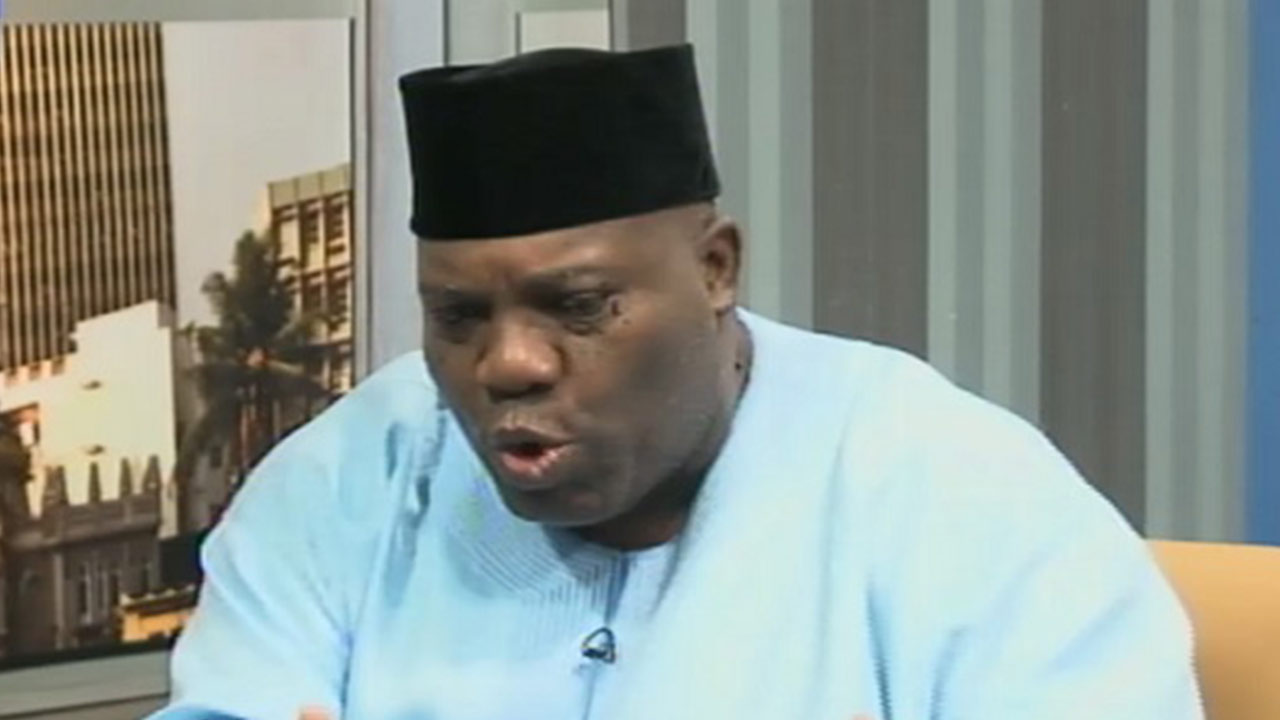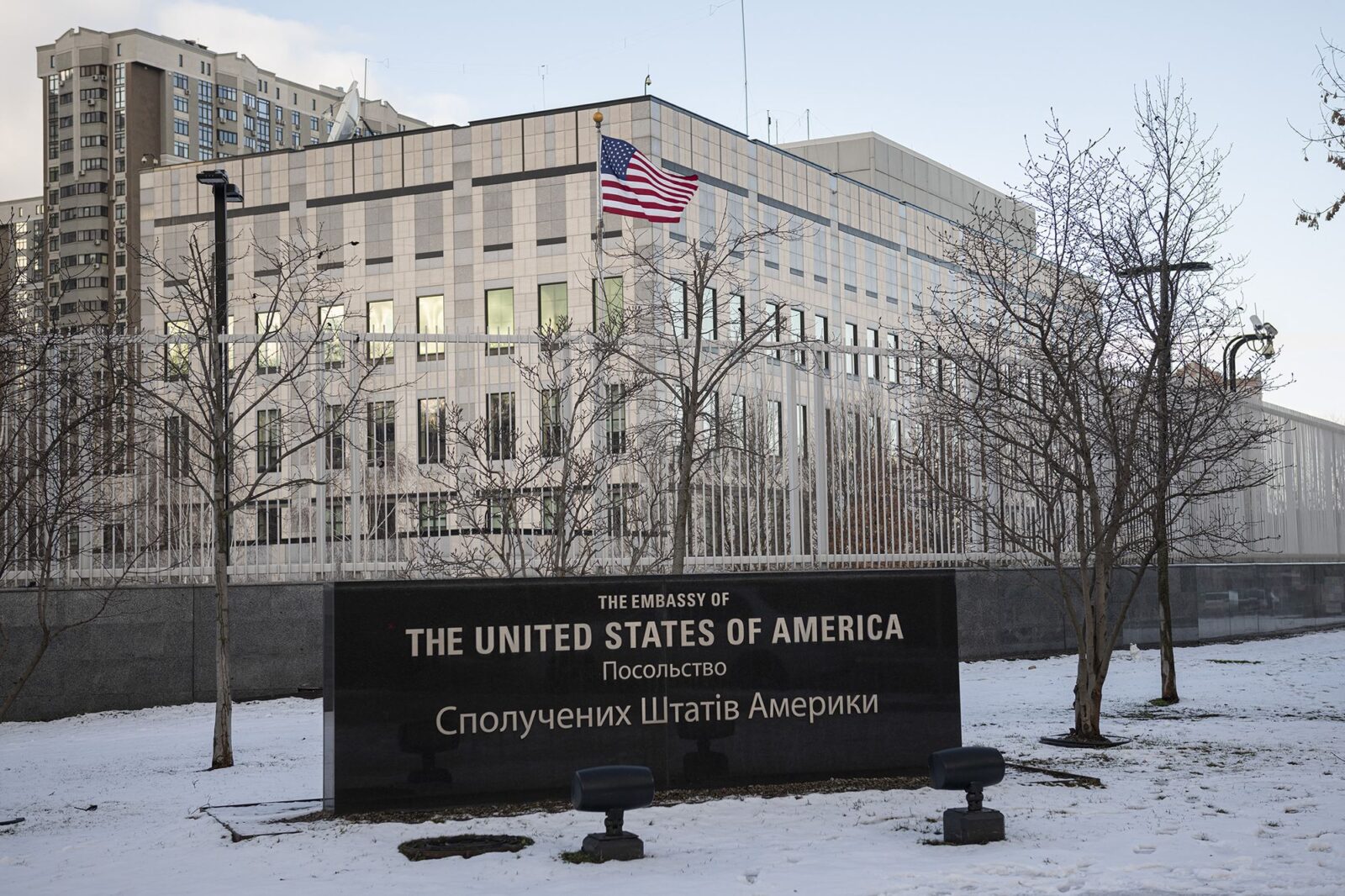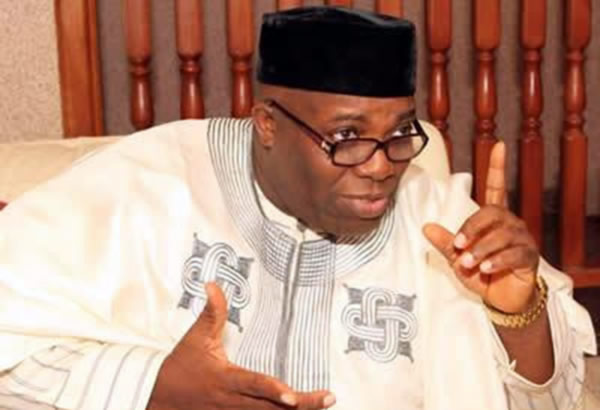The Nigerian Institute of Chartered Arbitrators has urged the Nigerian government and the private sector to prioritise and patronise Nigerian arbitrators, stating that neglecting local expertise would affect the nation’s development in arbitration.
NICArb stated this at a press conference on Tuesday, which was held in Lekki, while announcing its 2024 Annual Conference and 45th-anniversary celebration.
The institute emphasised its commitment to fostering transformative trends in arbitration and alternative dispute resolution across Africa.
The conference, themed “Transformation and Intervention: Development Trends in Arbitration and ADR Practice in Africa,” is scheduled for November 28-29, 2024, in, Lagos.
The Registrar and Chief Executive Officer of the Nigerian Institute of Chartered Arbitrators, Mrs Shola Oshodi-John, called for increased reliance on Nigerian arbitrators, criticising the nation’s preference for foreign expertise.
She attributed this trend to a lack of national pride, which she said undermined the capacity of local professionals.
“Nigerians often prefer certifications and arbitrators from abroad over their own, which has stunted the growth of arbitration in our country,” she said.
She expressed concerns that this perception affected the capability of Nigerian professionals.
“Having worked here for over seven years, I have seen Nigerian arbitrators outperform their international counterparts. Yet, we still prioritise foreign expertise. This mindset must change,” she added.
Oshodi-John also criticised the Nigerian government for failing to recognise arbitration as a lucrative industry and a tool for economic growth.
“Countries like France, the UK, and Singapore have invested heavily in positioning themselves as global arbitration hubs.
Singapore, for instance, is now a leading destination for arbitration because of deliberate government policies,” she explained.
She further stressed the need for Nigeria to actively participate in international arbitration forums.
“We claim to be the ‘Giant of Africa’, but we are absent when key decisions are made. Nigeria must take its place at the table and ensure its interests are represented in global arbitration policies,” she stated.
Another pressing issue, according to Oshodi-John, is the lack of a comprehensive database of Nigeria’s bilateral trade agreements.
“We need a robust system to track treaties we have signed. Without this, we remain reactive instead of proactive,” she said.
She also applauded the Attorney General of the Federation, Lateef Fagbemi (SAN), who recently established a committee to address the concern.
Oshodi-John lamented the underutilisation of Nigerian arbitrators in high-profile cases.
“There are over 6,000 highly trained Nigerian arbitrators, yet the government and businesses rarely engage them. Instead, we spend billions hiring foreign arbitrators.
This not only drains our economy but also denies our experts the chance to develop their skills further,” she added.
She urged the government to enact policies promoting the use of Nigerian arbitrators, particularly for cases involving national interests.
“Nobody can protect Nigeria’s interests better than Nigerians. We need intentional policies that prioritise our own experts,” she said.
Oshodi-John also called for specialisation within the arbitration field. “Arbitration is no longer a one-size-fits-all profession. We need specialists in sectors like construction and petroleum to ensure cases are handled effectively,” she said.
She emphasised the importance of a national arbitration policy to regulate and promote the industry.
“We are still waiting for the national arbitration policy to be finalised. It will help streamline practices and ensure Nigeria becomes a recognised arbitration hub.
“We must take deliberate steps, no matter how small, to change the narrative. Nigerian arbitrators are ready to own their space and tell their stories,” she said.
NICArb also plans to discuss the role of ADR in addressing human rights violations linked to businesses operating in Africa.
“We believe arbitration can play a significant role in resolving disputes involving social, environmental, and governance issues,” she said.
According to her, the institute is committed to nurturing the next generation of arbitrators through initiatives like its annual essay and debate competitions.
“This year, nearly 100 participants from universities across Nigeria submitted essays, with winners set to receive awards totalling N4m.
“Young people are the future of arbitration and ADR.
“We are positioning them to compete globally and take their place as leaders in the field.”
She said as part of its 45th-anniversary celebration, NICArb would induct 1,500 members from diverse professional backgrounds, including law, construction, and medicine.
“There’s a misconception that arbitration is only for lawyers.
“Arbitration is for everyone. Businesspeople, engineers, doctors – anyone with expertise in their field can contribute to this noble profession.”
She added that the institute would also launch its Mediation Group during the conference to formalise its mediation services and further expand its impact.
Also speaking at the press conference the co-chairperson of the planning committee, Mrs Dupe Gadebo-Ajayi, said they wanted the public to understand what arbitration and ADR meant.
She said that these mechanisms were the first to be used if one doesn’t want to go to court.
“We want the public to understand what arbitration and ADR is. ADR being Alternative Dispute Resolution. These mechanisms are the first to be used if you don’t want to go to court,” she said.

 10 hours ago
4
10 hours ago
4













